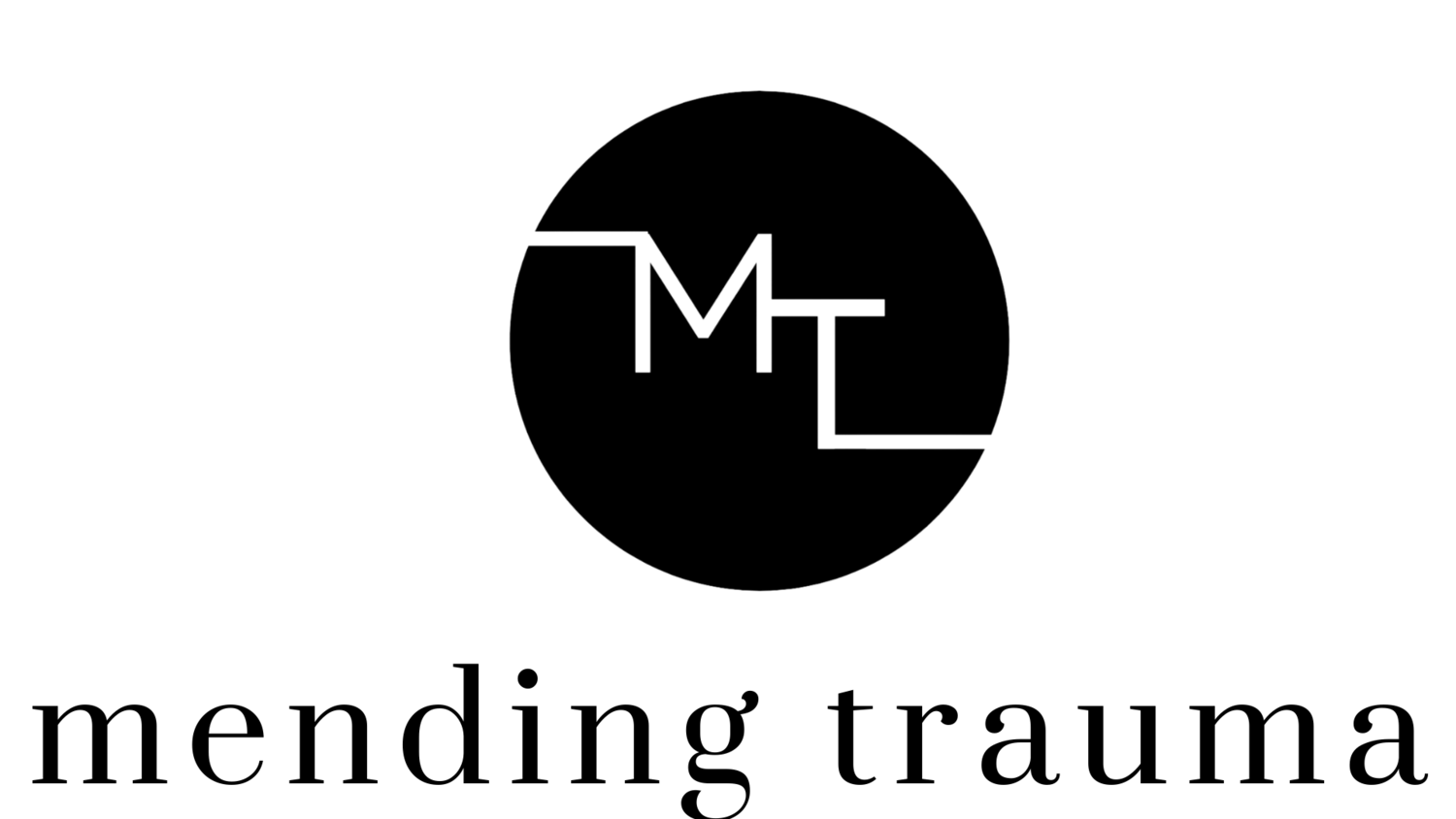How to Overcome Perfectionism
Today we talk about how to avoid falling into the trap of perfectionism.
Why is change hard?
Change is hard. The brain is designed to resist change. When we have created a habit or an autonomic response, the brain sees that as a shortcut. It's a neuro pathway that is already connected, and then it gets myelinated, so it gets surrounded in fat, and then nothing can disrupt that shortcut. When it is a function like breathing or the heartbeat, that is fantastic. We don't want those disrupted. But when we're talking about making changes that will enhance our lives, the brain still perceives that change as dangerous as messing with the heart rate.
As humans, we tend to lose the opportunity for growth a lot of the time. When we have difficulty making a change, we throw in the towel and give up because the change is not as rapid as we'd like it to be.
How do we work around our resistance to change?
When we use self-compassion, the goal is to understand that we're human and working within the realm of our human physiology. One way to understand this is to compare it to climbing Mount Everest. As you climb, your lungs need to acclimate to the thinner air. If they are not acclimating, you must stop your climb and wait until they do before continuing.
This does not count as a failure. Instead, it is an adjustment in the timing of when you'll reach the goals. Just like the lungs need to acclimate to continue, the brain needs a script of progress over perfection.
What are the steps to becoming more self-compassionate?
Having an accountability partner is to have somebody who can help us be compassionate with ourselves and support proper steps of change. A traditional accountability partner would be someone who can ask you, "How did you do today? Did you meet your goal?" but this type would be someone who is asking, "Are you being kind to yourself?" And help model compassionate behaviors.
For additional tips on mental health, trauma, and so much more, check out The Universe Is Your Therapist Podcast!
Come connect with us personally on Instagram!

